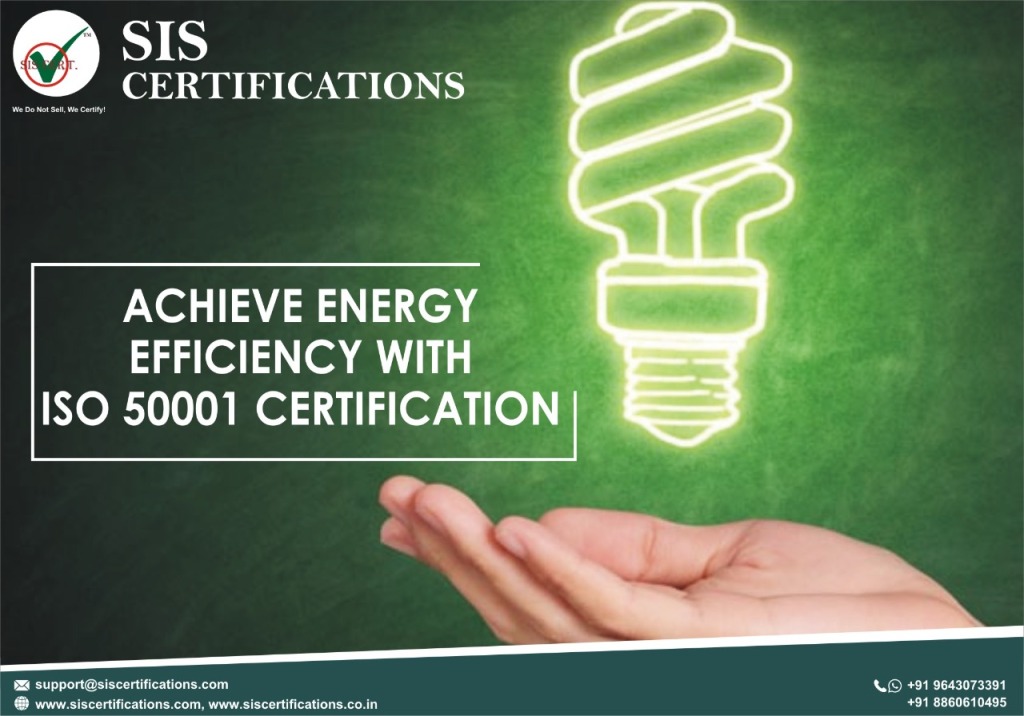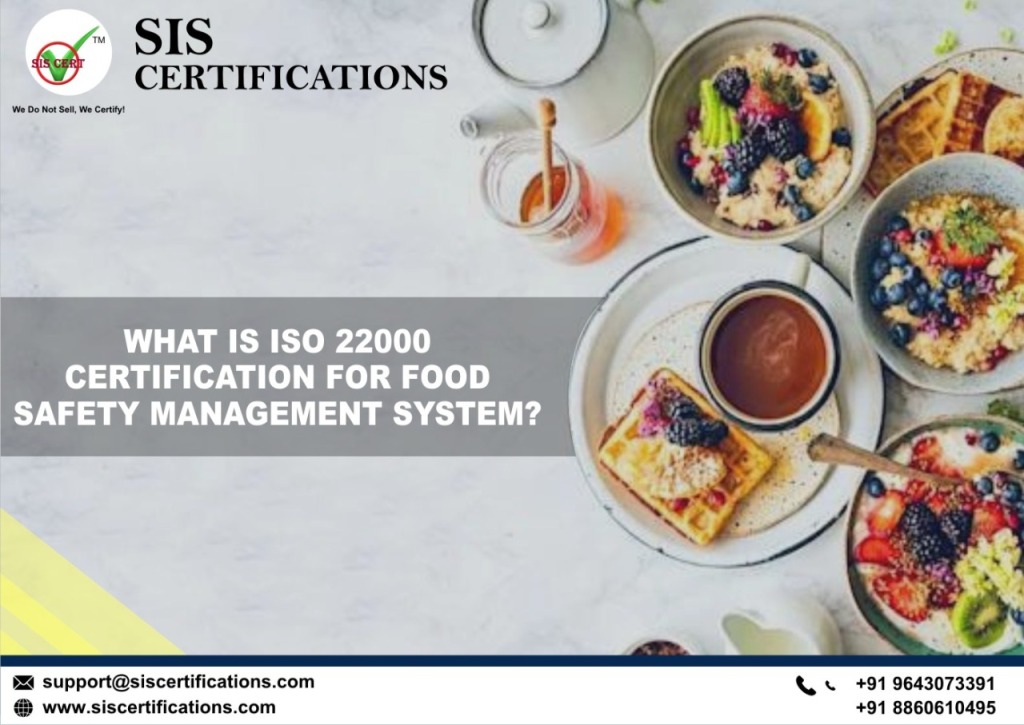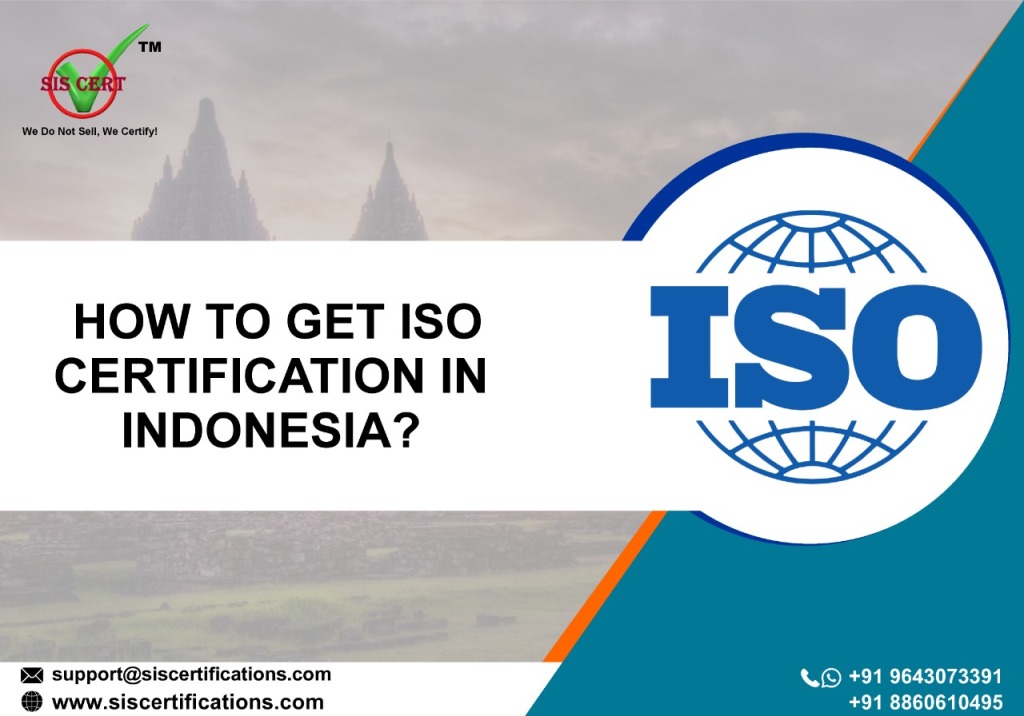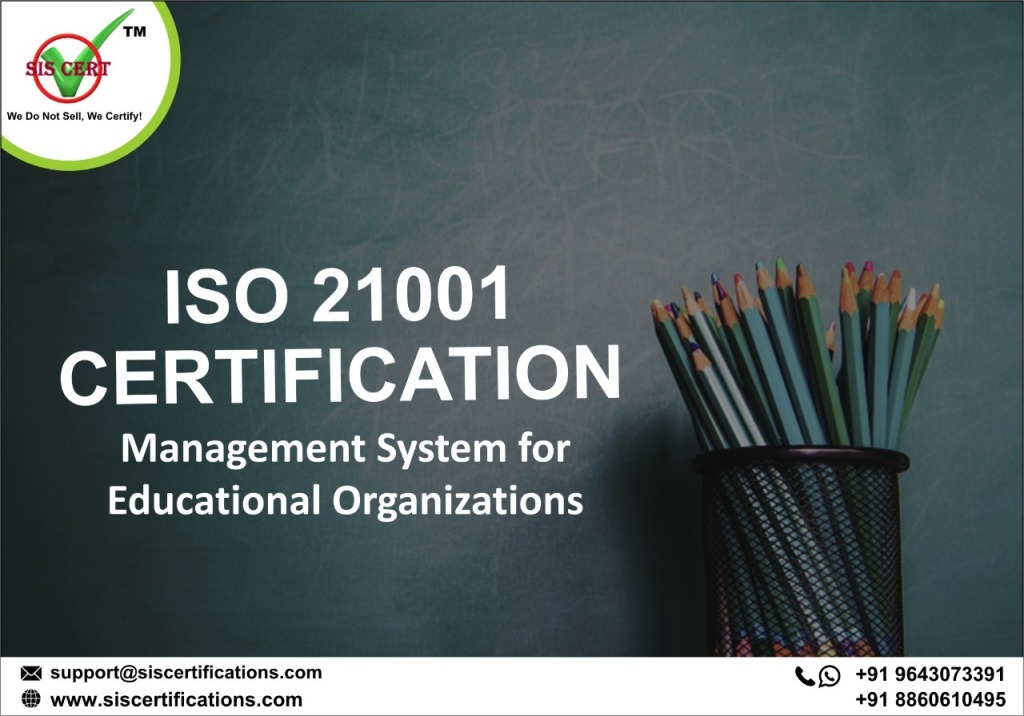
WHAT IS ISO 22301 STANDARD?
The growth of consumerism has simultaneously given rise to a number of organizations mushrooming in every sector. However, not many understand the complexity of running a business, and can fall prey to the market’s irregularities. This might adversely affect the operation of businesses and may even lead to its discontinuity. The International Organization for Standardization has a proven solution to this problem. ISO 22301 Certification helps in developing and maintaining a Business Continuity Management System (BCMS) that analyses the risks to your business and helps in preparing action plan to tackle those risks.
BENEFITS OF ISO 22301 CERTIFICATION
- Meet your business objectives with a robust BCMS.
- Appropriately assign the roles and responsibilities to your employees and management.
- Boost your image in the market regarding your resilience to any emergencies.
- Build the confidence of your shareholders, clients, suppliers, and customers.
- Prevent and mitigate the risks with timely evaluation of risks.
- Minimize the downtime at the event of emergency.
- Achieve global reputation through this internationally accepted standard.
HOW CAN YOU GET ISO 22301 CERTIFICATION?
- Inform the objectives and requirements of the certification to all the staff.
- Train relevant staff about the processes. This can be done through seminar, workshops, external training, etc.
- Identify weaker areas through gap analysis.
- Prepare a project plan.
- Assign roles and responsibilities to relevant staff.
- Design and document the BCMS.
- Implement ISO 22301 Certification for your BCMS.
- Perform an internal audit.
- Invite external certification body, such as SIS Certifications for the ISO 22301 audits.
It must be noted that the International Organization for Standardization (ISO) does not certify, it just publishes the ISO standards. An external body performs the certification. SIS Certifications is one such body which has a reputation for being one of the best in the world. Our vast pool of auditors is recognized for their expertise in comprehensively auditing the compliance of your management systems against the required standards and awarding you with the certifications at the end. The smoothness in the process, our integrity, and our commitment to deadlines make us stand apart from other certification bodies.
For more details, visit: https://www.youtube.com/watch?v=aHcswyec0Bc
Thanks for Reading!








